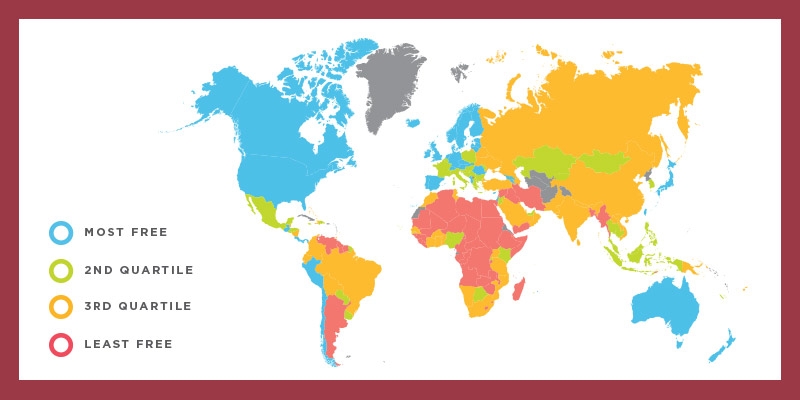Martin Rode
Martin Rode is an Associate Professor in the Department of Economics at the University of Navarra in Pamplona (Spain). He received a doctoral degree in economics from a joint Ph.D. program by the Universities of Cantabria, the Basque Country, and Oviedo in 2012. Martin is also the holder of two undergraduate degrees in Economics and Political Science, both from the University of Innsbruck, Austria. He has been a visiting researcher at Florida State University (USA), Aarhus University (Denmark), and CESifo Group Munich (Germany). Martin’s research and teaching is in the areas of Political Economy, Institutional Economics, and Public Policy. Here, a central question is always how politics and economic reform processes are conditioned by the underlying institutional environments in which they are conducted. His publications have appeared, among others, in Economics and Politics, the European Journal of Political Economy, the Journal of Economic Behavior and Organization, Public Choice, Publius-the Journal of Federalism, and Social Indicators Research.



